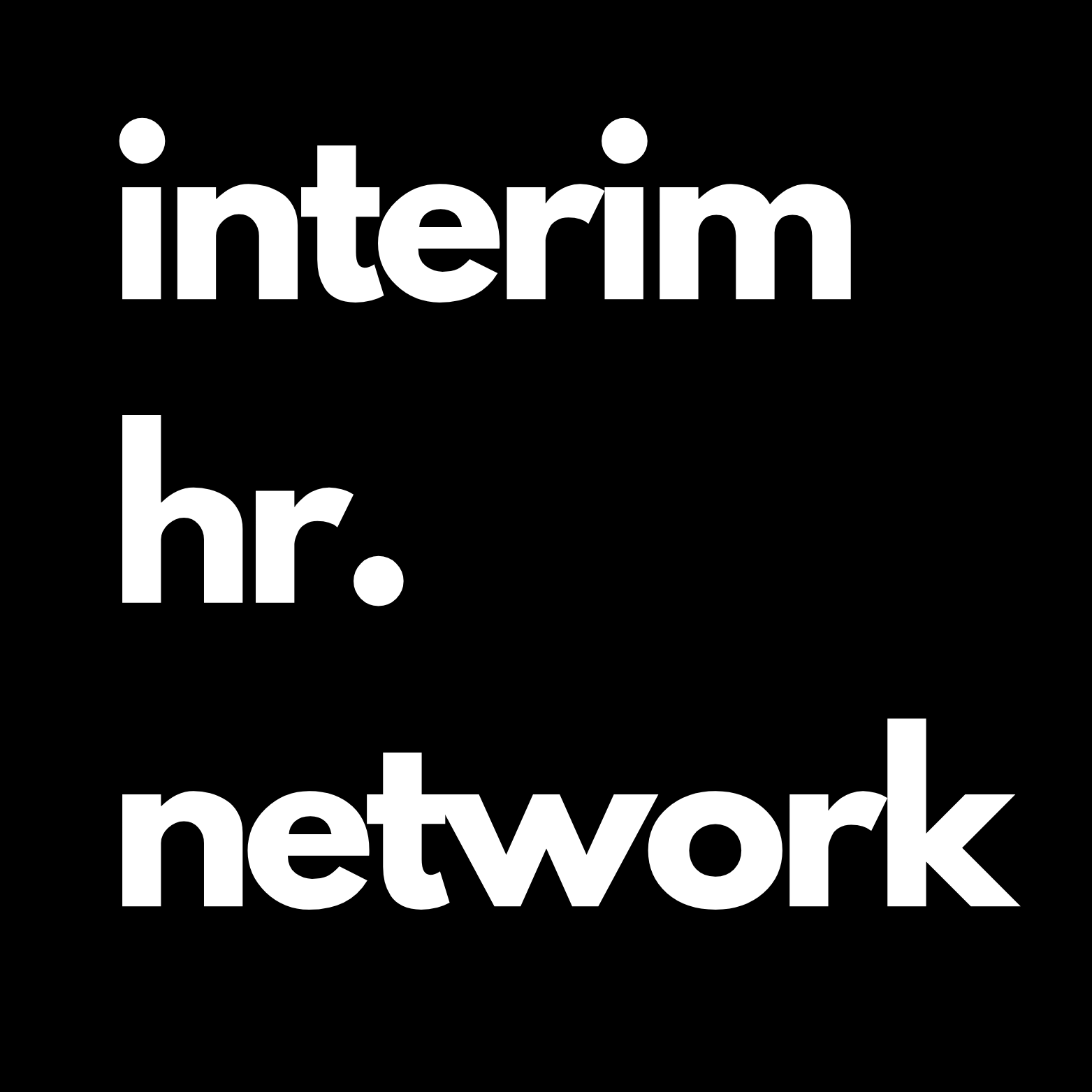Don’t Delay: The Vital Role of Timely Job Transitions
In the relentless pace of modern work life, burnout has become increasingly prevalent. Many of us have encountered the signs—feeling perpetually exhausted, dreading the arrival of Monday, and watching our once-enjoyable jobs turn into sources of frustration. To avoid this all-too-common fate, it’s essential to recognise the warning signs early and take proactive steps towards a timely job transition. Here’s why this is so important and how you can navigate the process effectively.
Understanding Burnout
Burnout goes beyond mere fatigue; it’s a state of deep emotional, physical, and mental exhaustion triggered by ongoing stress and dissatisfaction. Symptoms often include chronic tiredness, cynicism about your work, and feelings of ineffectiveness. The root causes can vary but often relate to a disconnect between your values and your workplace’s demands or culture. When your job fails to resonate with what you truly value, it’s easy to feel drained and disengaged.
The Broader Consequences of Burnout
The impact of burnout is far-reaching, affecting not just your work life but your overall well-being. On a health level, it can lead to serious issues like anxiety, depression, and even cardiovascular problems. Professionally, it stifles productivity and hinders career advancement, while personally, it can strain relationships and diminish your quality of life. Allowing burnout to take hold can have significant repercussions across all facets of your existence.
Spotting Early Warning Signs
The first step in combating burnout is recognising its early signs. Persistent exhaustion, irritability, and a lack of motivation are crucial red flags. Regular self-reflection is essential; take time to assess your job satisfaction and general well-being. Are you feeling overwhelmed or undervalued? Do you struggle to find enthusiasm for your tasks? If you’re answering yes, it may be time to contemplate a change.
The Significance of Value Alignment
Finding a role that aligns with your personal and professional values can greatly enhance your job satisfaction and overall happiness. Values are the fundamental principles that guide your choices and actions. When your job reflects these values, you’re more likely to feel engaged and motivated. Conversely, a misalignment can lead to dissatisfaction and burnout. The benefits of alignment include increased motivation, improved performance, and a deeper sense of purpose. Numerous individuals have successfully transitioned to roles that resonate with their values, experiencing renewed energy and passion in the process.
Strategising for a Job Transition
If you’ve identified the signs of burnout and recognise that your current role isn’t fulfilling your needs, it’s time to plan your transition. Start with introspection: what are your long-term career aspirations? What type of work environment and role would bring you the most satisfaction? Once you have clarity, begin researching potential new roles and organisations. Networking can be invaluable; reach out to industry professionals and connect with those who can provide insights into your desired field. Consider enhancing your skills through online courses or certifications if needed.
Taking Proactive Steps Before Burnout
Proactivity is your strongest ally in the fight against burnout. Develop a comprehensive job transition plan that includes a timeline and actionable steps. This may involve updating your CV, exploring job boards, and leveraging platforms like LinkedIn to uncover new opportunities. During this period, prioritising your well-being is crucial; establish a solid self-care routine and employ stress management techniques to maintain balance. Remember, the goal is to progress without sacrificing your health and happiness.
Presenting Your Best Self in Interviews
As you begin securing interviews, it’s important to showcase the best version of yourself. Preparation is key: research the company, practise common interview questions, and clarify how your skills and values align with the role. A positive mindset and self-assurance will shine through, making a lasting impression. Avoid negativity during interviews; instead, focus on what you seek in your next position, rather than critiquing your current one. Balancing your job search with your existing role can be challenging, but staying organised and managing your time wisely can help you navigate both responsibilities without succumbing to burnout.
Conclusion
Burnout is a serious concern, but it doesn’t have to be your reality. By recognising the signs early and taking proactive measures, you can transition to a role that better aligns with your values before reaching a crisis point. Prioritising your well-being is not only beneficial for you but essential for your professional and personal life. Take action today—don’t wait for burnout to push you into a change.
Your happiness and health deserve the effort it takes to find a job that truly fulfils you. By following these steps, you can work towards a career that not only pays the bills but also brings you joy and satisfaction.

